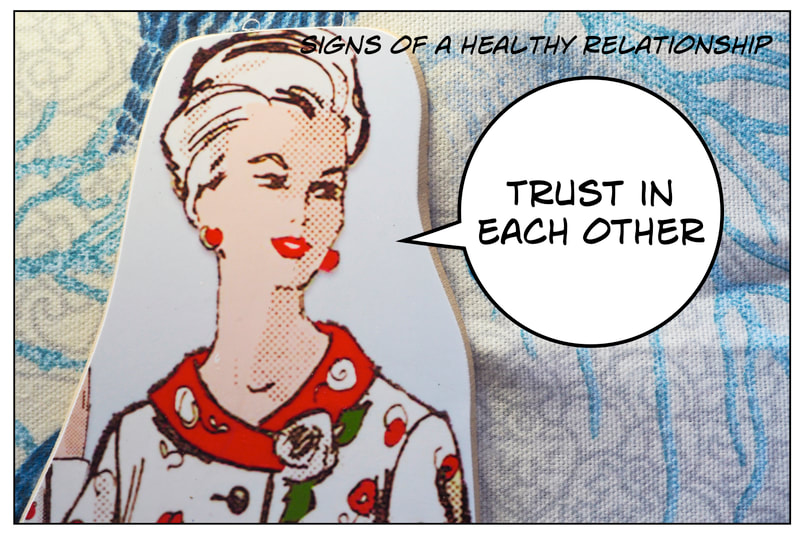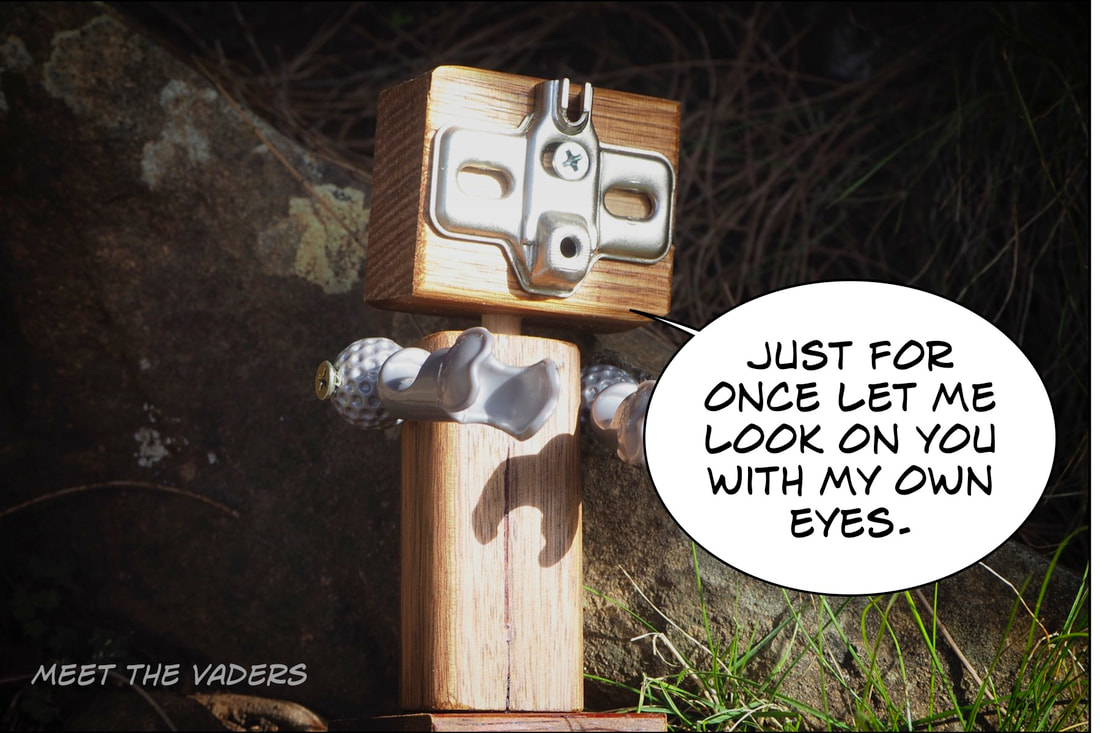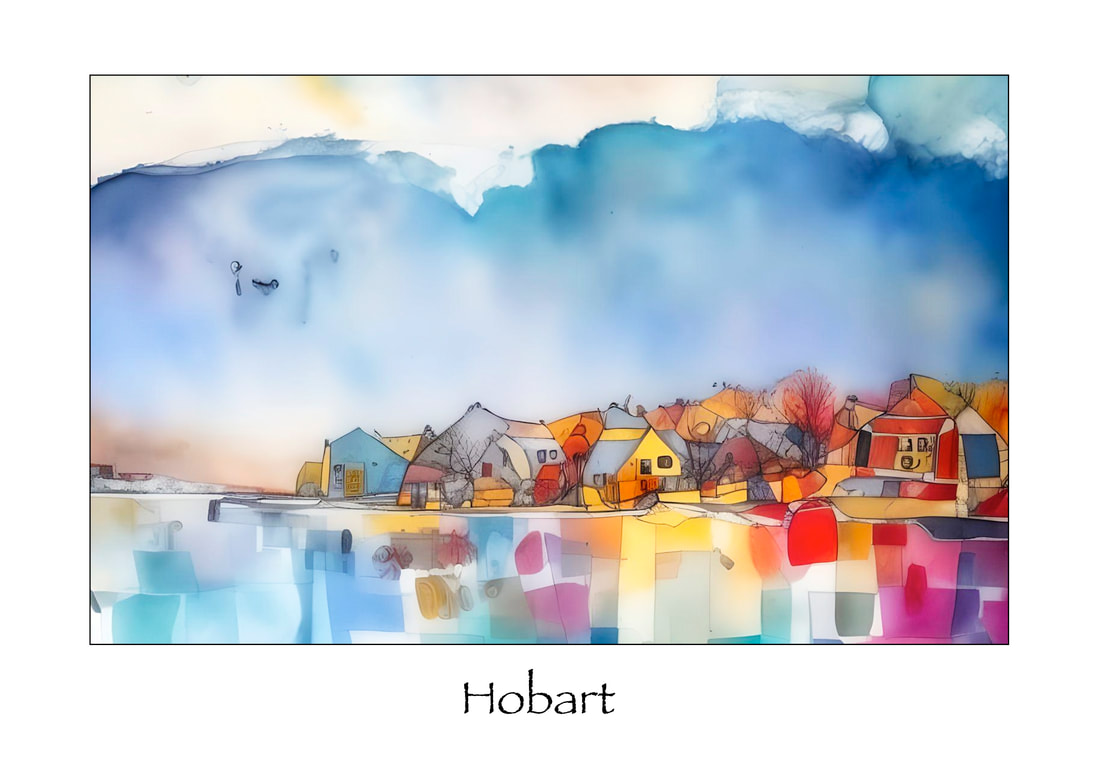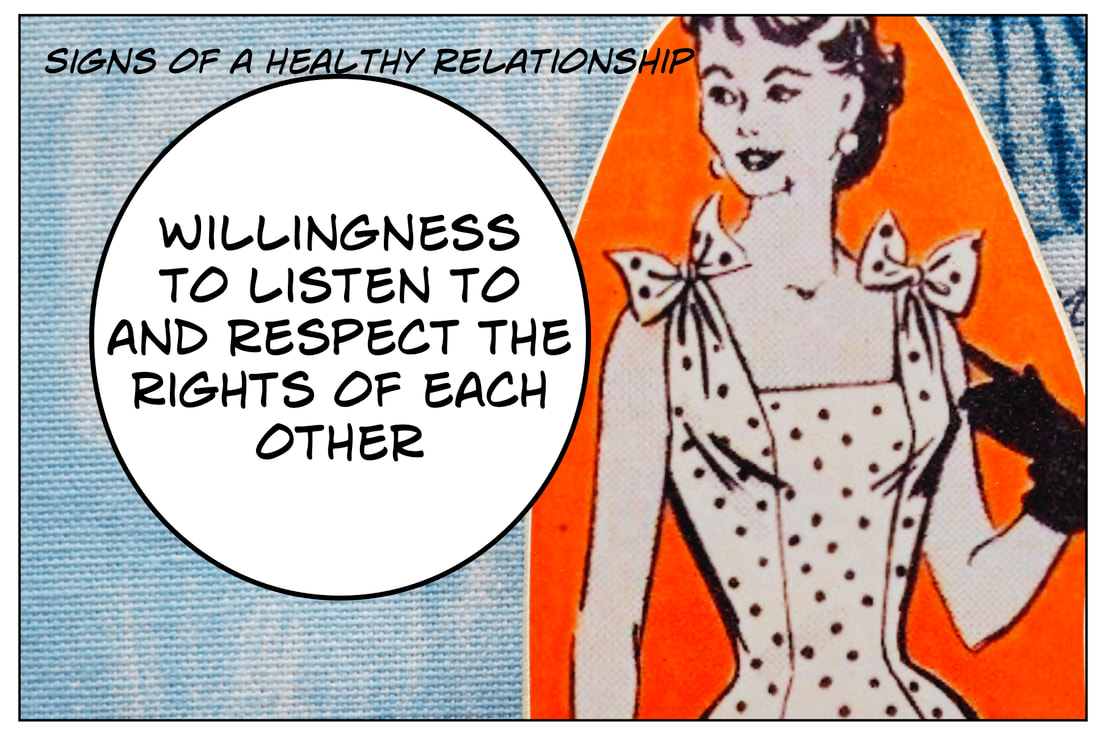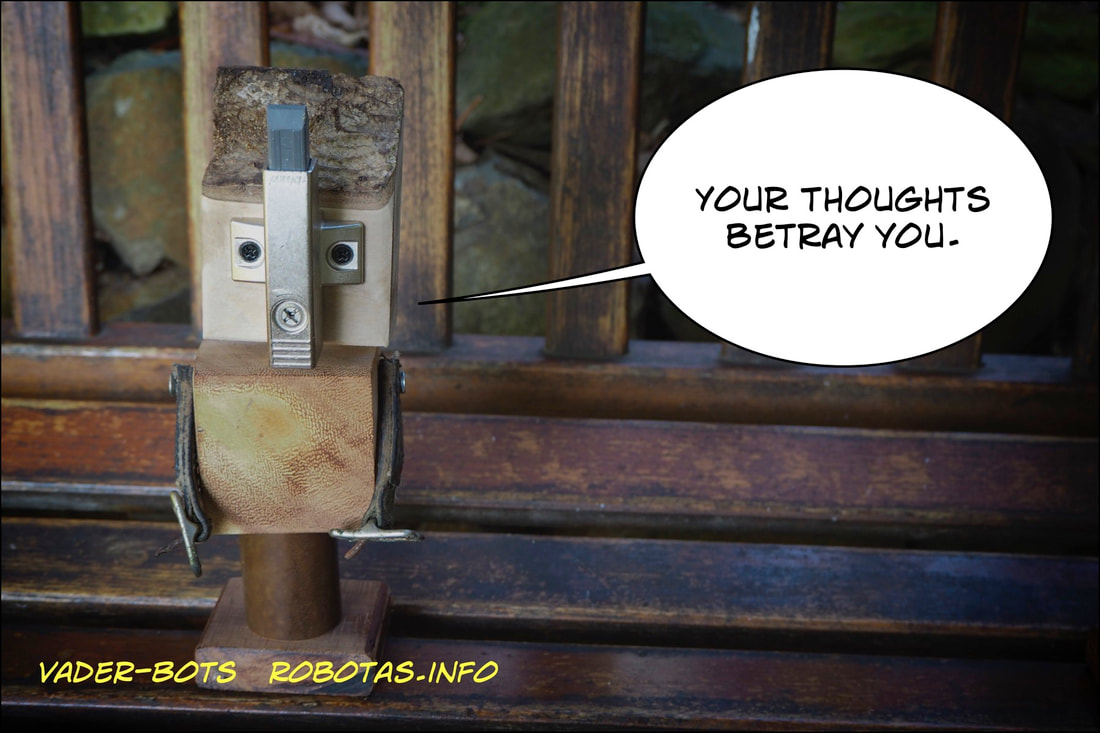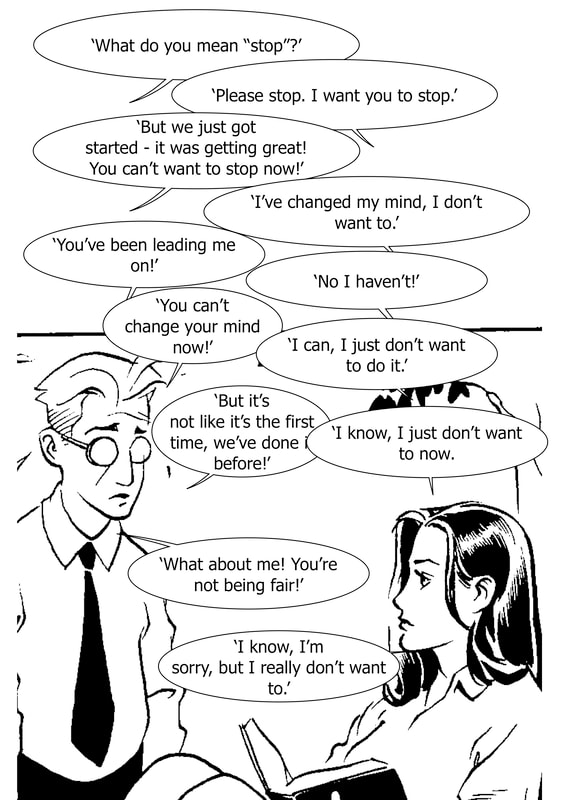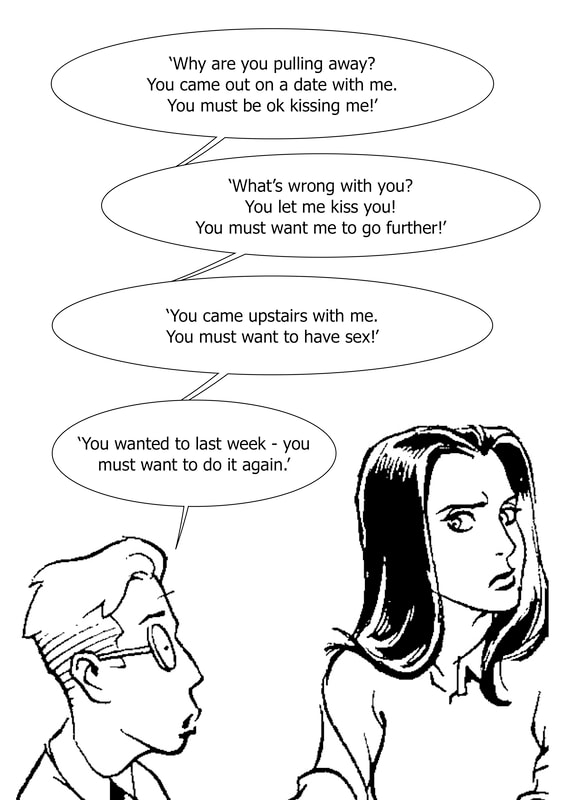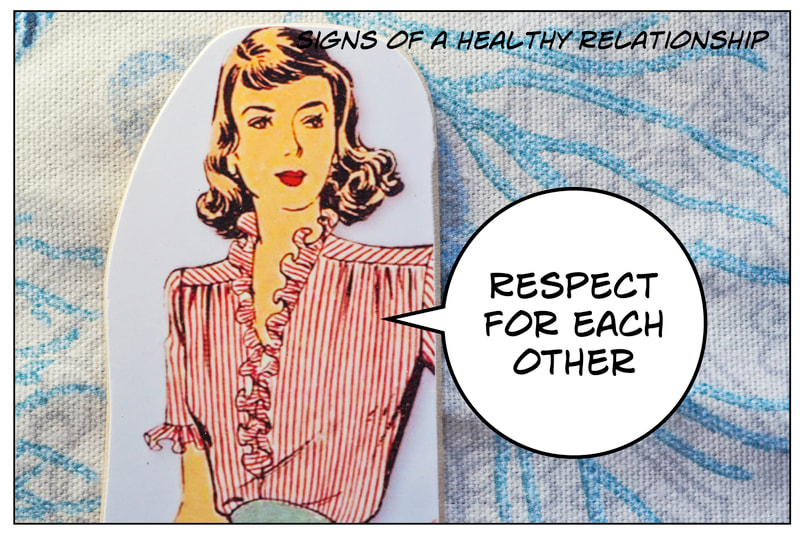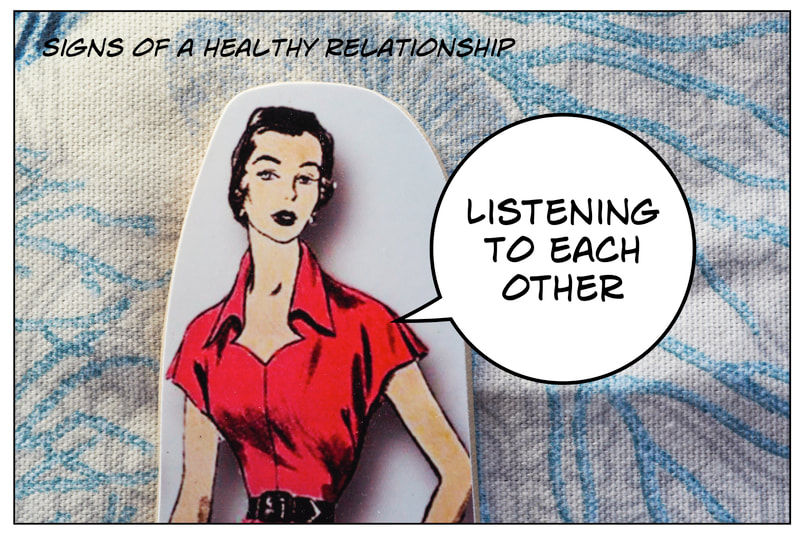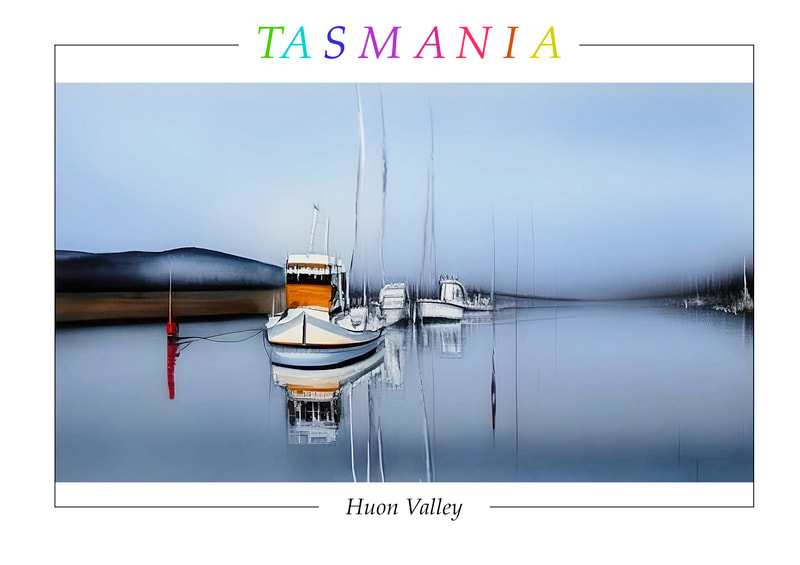Friendship – Respect – Relationships – Trust – Consent
Healthy Relationship High School Teachers Toolkit
Today’s school pupils are growing up in a world full of opportunities but with many risks and anxieties too. While some risk-taking behaviours, such as substance misuse, appear to be in decline, other issues are emerging, particularly in relation to pupils’ mental health, relationships and safety, both offline and, increasingly, online. PDHPE education is the school subject which addresses pupils’ personal safety and their mental health while preparing them for life and work in a changing world. There is huge demand for this kind of holistic, ‘curriculum for life’ from pupils, parents and business leaders and strong evidence that it boosts attainment and life chances, particularly amongst disadvantaged pupils.
The aim of the Healthy Relationship High School Teachers Toolkit is to give young people the information they need to help them develop healthy, nurturing relationships of all kinds, not just intimate relationships. It should enable them to know what a healthy relationship looks like and what makes a good friend, a good colleague and a successful marriage or other type of committed relationship. It should also cover developing intimate relationships and resisting pressure to have sex (and not applying pressure). It should teach what is acceptable and unacceptable behaviour in relationships. This will help pupils understand the positive effects that good relationships have on their mental wellbeing, identify when relationships are not right and understand how such situations can be managed.
This toolkit is designed to provide a menu of options for starting or deepening a conversation about relationships and consent.
This toolkit is designed to provide a menu of options for starting or deepening a conversation about relationships and consent.
Understanding and teaching about consent
Consent has to be the single most important topic within relationships and sex education (RSE).
Teaching young people about consent is important. This resource provides definitions, explanations, and resources to help health professionals and educators teach youth about consent.
Consent is an essential part of all interpersonal relationships. All people, including children, have the right to set boundaries related to their bodies, their possessions, and their actions. Consent is about respecting those boundaries. When consent is examined this broadly, it is clear that it applies to more than sexual interactions.
Teaching young people about consent is important. This resource provides definitions, explanations, and resources to help health professionals and educators teach youth about consent.
Consent is an essential part of all interpersonal relationships. All people, including children, have the right to set boundaries related to their bodies, their possessions, and their actions. Consent is about respecting those boundaries. When consent is examined this broadly, it is clear that it applies to more than sexual interactions.
The amount of sexuality education young people receive is typically too little, too late. The amount of education relating to sexual consent is almost nonexistent and happens even later, if it happens at all. If we truly want young people to learn to treat others with respect; if we truly want to support them in growing to be sexually healthy adults; if we truly understand that youth have as much right to give their consent to sexual relationships as they do to refuse sex, we must start discussions earlier and keep them going throughout their childhood, adolescence, and young adult years.
|
Sexual consent – a Teen Talk kit - Order Form
Email the following details to [email protected] No GST Free postage Please supply ___ Healthy Relationship High School Teachers Toolkit USB $159 ___ Girl SHED Empowerment program USB $159 ___ Boys SHED - At-risk Boys $159 ___ Boys SHED Engagement $159 ___ Boys SHED Resilience & Wellbeing $159 Name School Order number Postal address Postcode [email protected] Michael Auden Executive Director Monash Education NSW EDConnect supplier number 100387105 Qld Supplier number S20039316 ABN 39 929 256 117 15 Dewbay Court Claremont Tas 7011 www.moned.net |
Sample resources
| ||||||||||



